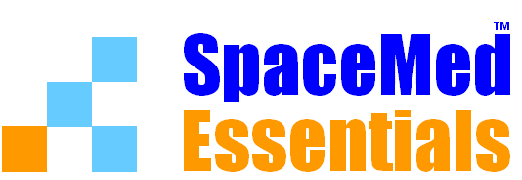The internet of things (IoT) is the interconnection via the internet of physical devices, buildings, and other items — embedded with electronics, software, sensors, actuators, and network connectivity that enable these objects to collect and exchange data. It is also a hot topic in the healthcare industry today. For example, hospitals take advantage of the technology for real-time location services with badges that can track patients, staff, and medical devices along with asset management. Such assets include infusion pumps, wheelchairs, defibrillators, scales and other items that employees tend to tuck into out-of-sight corners yet are needed frequently for treating patients. In addition to real-time location services, IoT devices also help with environmental monitoring such as checking the temperatures of refrigerators or hand hygiene compliance. Sensors can also be deployed to track how often spaces are used.
Companies like Kaa (www.kaaproject.org) have created an open-source IoT platform which allows original equipment manufacturers and healthcare system integrators to establish cross-device connectivity and implement smart features into medical devices and related software systems.
